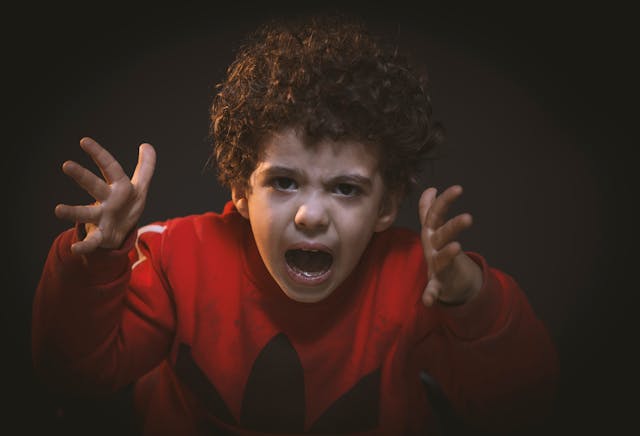Implementing effective coping strategies can help children manage misophonia symptoms and improve their quality of life. Misophonia, characterized by intense emotional reactions to specific sounds, can be particularly challenging for children. These reactions can interfere with daily activities, school performance, and social interactions.

Understanding Misophonia in Children
Misophonia in children manifests through strong negative reactions to specific sounds such as chewing, breathing, or repetitive noises like pen clicking. These reactions can range from mild irritation to severe anger or distress, significantly affecting the child’s behavior and emotional well-being.
Effective Coping Strategies for Children with Misophonia
Creating a Supportive Environment
A supportive environment is crucial for helping children with misophonia manage their symptoms. Parents, teachers, and peers should be educated about misophonia to foster understanding and patience.
- Educate the Community: Inform teachers and classmates about misophonia to reduce misunderstandings and promote empathy.
- Safe Spaces: Establish quiet, trigger-free zones at home and school where the child can retreat if they become overwhelmed.
- Consistent Routines: Maintain consistent daily routines to provide a sense of stability and predictability.
Behavioral Strategies
Behavioral strategies can help children develop resilience and reduce the impact of trigger sounds.
- Desensitization: Gradually expose the child to trigger sounds in a controlled and safe environment to reduce sensitivity over time. This process should be guided by a professional therapist.
- Positive Reinforcement: Encourage positive behaviors and coping mechanisms by rewarding the child for successfully managing their reactions to triggers.
- Mindfulness and Relaxation Techniques: Teach the child mindfulness exercises, such as deep breathing and progressive muscle relaxation, to help them stay calm when exposed to trigger sounds.
Use of Technology and Tools
Several technological aids and tools can help children manage misophonia symptoms effectively.
- Noise-Canceling Headphones: Using noise-canceling headphones or earplugs can help block out trigger sounds and create a more comfortable auditory environment for the child.
- Sound Apps: Apps that generate white noise or soothing sounds can mask trigger sounds and reduce the child’s stress levels.
Therapeutic Interventions
Professional therapeutic interventions can provide tailored support and strategies to help children cope with misophonia.
- Cognitive-Behavioral Therapy (CBT): CBT can help children understand and change their negative thought patterns and reactions to trigger sounds. This therapy focuses on developing healthy coping mechanisms and reducing emotional distress.
- Family Therapy: Involving the whole family in therapy can help improve communication, understanding, and support for the child with misophonia.
- Occupational Therapy: Occupational therapists can work with children to develop strategies for managing sensory sensitivities and improving daily functioning.
Coping Strategies for Children with Misophonia: Conclusion
Coping with misophonia can be challenging for children, but with the right strategies and support, they can learn to manage their symptoms effectively. Creating a supportive environment, implementing behavioral strategies, utilizing technology, and seeking professional therapy are all crucial components of a comprehensive approach to managing misophonia in children.
Dr. Stephen Katz at the Misophonia Cognitive Center™ offers specialized online treatment services to help children and their families navigate the challenges of misophonia. Call today to schedule a consultation or convenient online session.
MISOPHONIA COGNITIVE CENTER™
Stephen Geller Katz LCSW-R
19 West 34th Street
Penthouse Floor
New York, NY 10001
646-585-2251
Convenient online sessions
Dr. Katz is multi-lingual
For more information about Dr. Katz and his treatment services, visit https://www.misophoniacognitivecenter.com/.
